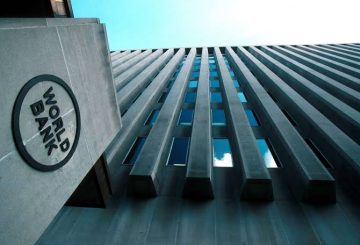The Central Bank of Nigeria (CBN) recently announced that, following its interventions, Nigerian banks have refunded about N7.05 billion and $714,569.03 to customers. This was disclosed in the CBN’s monthly bulletin, CBN UPDATE September Special Edition, available on its website. In a review marking the first year of Olayemi Cardoso’s tenure as CBN Governor, the report emphasized the CBN’s commitment to safeguarding customer rights. Cardoso and his team have addressed a significant number of customer complaints, with 15,306 cases, or 76.58 percent, successfully resolved out of a total of 19,988 complaints over eight months.
The bulletin highlights the CBN’s role in resolving financial disputes, noting that it facilitated substantial refunds for customers involved in disagreements with financial service providers, underscoring its dedication to fair treatment and transparency in the sector. In addition, the CBN has enforced strict sanctions to ensure compliance, deter unethical practices, and promote transparency across Nigeria’s financial landscape. This approach aligns with Cardoso’s broader mandate following his nomination in September 2023 by President Bola Tinubu, pending Senate confirmation for a five-year term.
Efforts to address Nigeria’s greylisting by the Financial Action Task Force (FATF) have also intensified under Cardoso’s leadership. From October 2023 to September 2024, the CBN has increased supervision and conducted regular spot checks on both Nigerian banks and their foreign subsidiaries. These actions are intended to bolster anti-money laundering and anti-terrorism financing measures while enhancing cybersecurity protocols. The aim is to improve Nigeria’s standing on the FATF Grey List, fostering a more secure investment environment and enhancing the nation’s financial reputation on the global stage.
Additionally, the CBN has introduced a range of new policies, including updated minimum capital requirements for banks and approvals for various banking licenses. For instance, the minimum capital for commercial banks with international authorization is now set at N500 billion, while banks with national authorization require N200 billion. Cardoso’s team has also taken significant steps to combat inflation through aggressive monetary policy, resulting in six consecutive rate hikes. Despite initial progress in July and August 2024, with inflation decelerating for the first time in 19 months, recent data from the National Bureau of Statistics show a slight uptick, with inflation rising to 32.7 percent in September from 32.15 percent in August.
- Tags: Central Bank of Nigeria, CNN, Fund recovery, Hope Bank





